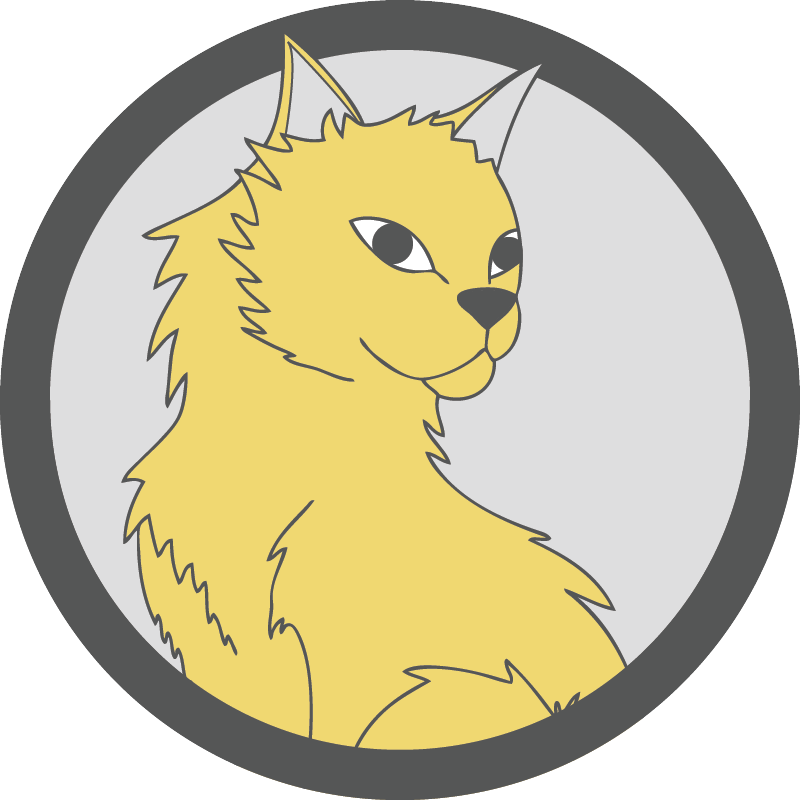What the job involves
Horse Grooms make sure that horses are healthy and in good condition by looking after their everyday needs. The routine work of a groom includes giving horses food and water, replacing bedding, mucking out stables, cleaning and clipping horses’ coats, treating minor wounds and exercising the horses each day.
Depending on where you choose to work, you may have additional responsibilities and opportunities. If you work with show jumpers of racehorses, you may help to prepare them for events and get the opportunity to travel across the UK and abroad for competitions. This can be a very exciting role if you are a part of a professional team and can see the horses you love and care for compete in races or win medals.
Becoming a groom in a stud and breeding yard will involve working with stallions, mares and foals, and you might have the opportunity to help vets to deliver foals in the spring time. You could also work in a riding school, where the role may involve meeting clients, leading riders out on foot or accompanying them on horseback.
Personal qualities
Working as a groom and looking after horses in all weather conditions is a challenging and busy role – the work involves dedication, attention to detail and an awful lot of hard work. You need to have good observational skills and be able to recognise any change to a horses’ condition. Possessing competent riding skills is also essential.
Working conditions
There is no doubt that being a equine veterinary nurse is a physically and mentally demanding job. The role often involves long and unsociable hours, including weekend and on call work.
However the rewards that come from nursing an ill horse back to health and working as part of a close knit team make the job very worthwhile.
Getting into the profession
There are no formal entry requirements, however it goes without saying that many employers will look for a passion for and experience of working with horses.
You can build up your experience working with horses in many ways, for example by learning from more experienced members of the industry as an assistant groom, or undertaking paid and voluntary work in a stable.
You may also wish to undertake further qualifications in horse care, for example those offered by The College of Animal Welfare the British Horse Society (BHS) and the Association of British Riding Schools (ABRS). Entry requirements for individual courses will vary.
You can also get into this role via an equine apprenticeship, there are many pre-apprenticeship courses available at racing schools and colleges, as well as specialist training in the horse breeding industry.
Salary and benefits
Your salary will depend on the organisation you work for and your skills and experience, however, starting salaries for trainee and assistant grooms are usually between £12,000 and £15,000 a year. Experienced grooms can earn up to £18,000* a year (*National Careers Service April 2024). These figures are intended as a guideline only.
A grooms’ job package often includes added benefits such as accommodation, food, free livery for their own horse, riding lessons or the chance to compete professionally.
Progression
With experience and ongoing training, you could take charge of a yard or become a head groom, or you could become a freelancer and set up your own grooming business.

